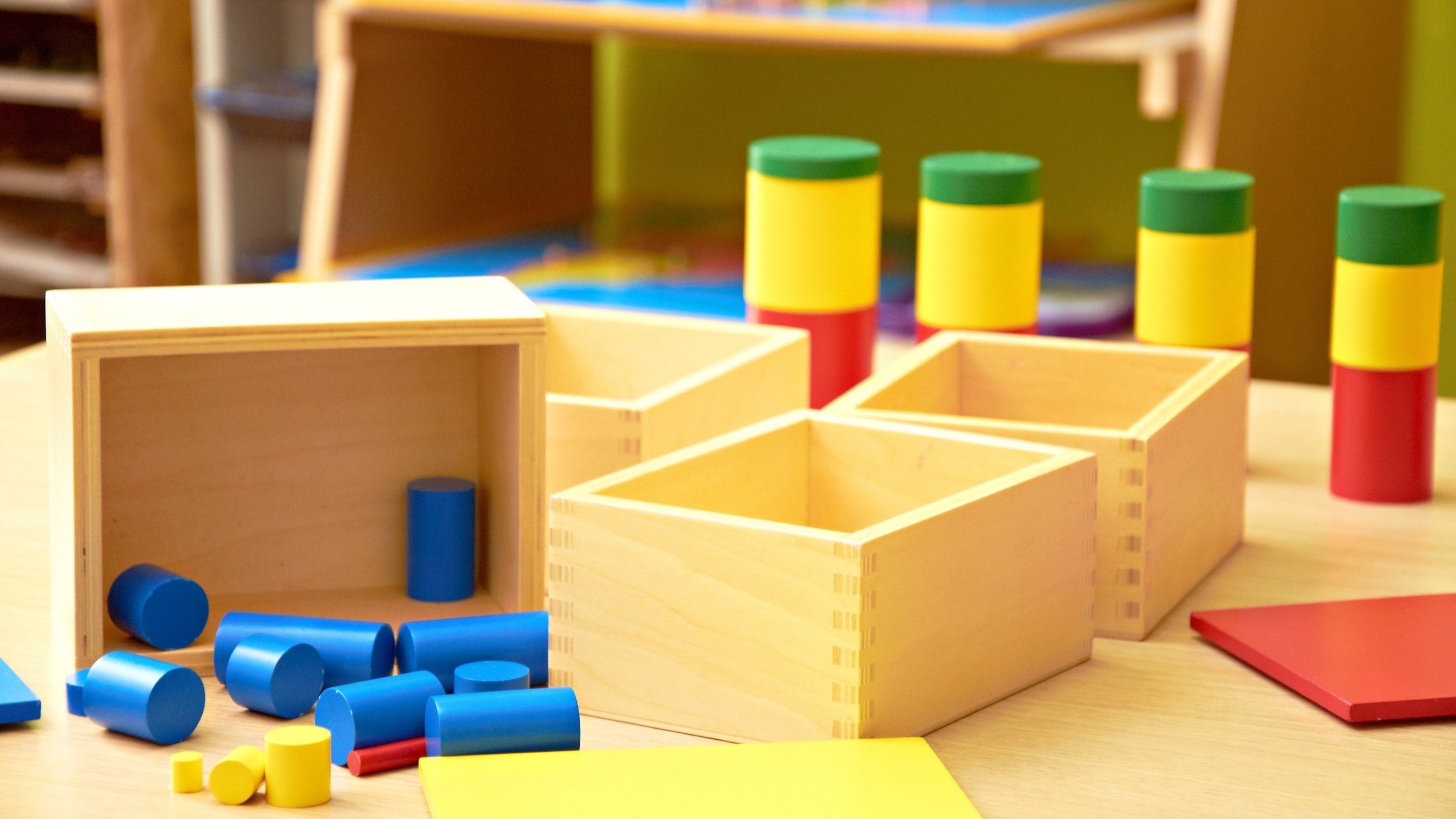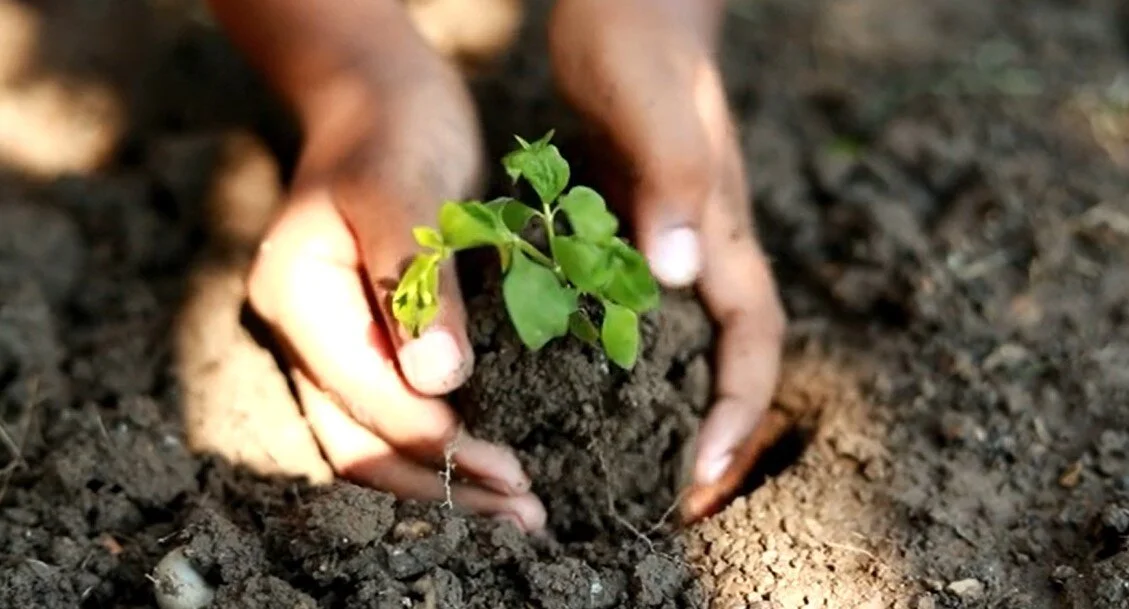
CURRICULUM
MATH
“Math isn't just numbers on a page, it's the invisible language woven into our world. By helping children build their mathematical mind, we equip them to decode this language. From the shapes around them to the rhythm of their steps, math becomes a tool for exploration and understanding, not just rote calculations.”
Math is a core aspect of the Montessori Method and we encourage relationship recognition and experimentation. By using hands-on methods our children advance at their own pace. Through free exploration, children learn abstract math principles such as addition & subtraction, multiplication & division, pattern finding, etc. through tactile experiences. The materials begin with concrete experiences but eventually move the child toward abstract ideas.

CULTURE
“There is a great sense of community within the Montessori classroom, where children of differing ages work together in an atmosphere of cooperation rather than competitiveness. There is respect for the environment and for the individuals within it, which comes through experience of freedom within the community.”
Understanding and appreciating each other – our common grounds and our differences cannot begin early enough. In our Cultural curriculum, we teach our children Geography, History, Art, Music, and Science. Most importantly we teach children to have a love and respect for the world around them. Our children learn how to differentiate between living and non-living things, how land, air, and water make up the earth, how to classify Botany and Zoology, and provide a clear understanding of the customs of cultures.

PRACTICAL LIFE
“I know how,” he said. “Watch me.” He loosened the sprout from the oat milk carton. Digging a small hole in the ground, he placed the baby plant carefully and covered its delicate roots.
Children love to display their independence. Encouraging them to perform life tasks allows children to learn necessary skills and accomplish small victories that build confidence. Many of the activities in this area include exercises that the child may have witnessed their parents doing at home such as pouring, setting the table, and spooning objects. The aim of Practical Life materials is not to only perform the task at hand but to help develop fine motor skills, concentration, organization, and independence.

SENSORIAL
“The hand is the instrument of intelligence. The child needs to manipulate objects and to gain experience by touching and handling.”
By using the Montessori sensorial materials, children develop all five senses deliberately. This area is designed to help children refine their senses and develop their ability to observe, compare, and contrast various attributes of the world around them. The philosophy of the Sensorial curriculum is based on the idea that children learn best through hands on tactile experiences. By manipulating these materials, our students are able classify and distinguish sensory information which lays the groundwork for more complex academic areas.

LANGUAGE
“Why is it called Silent E?” he asked. “I can see it there, right at the end of the word.”
“An E is always helpful. Sometimes it’s loud and heard by everyone, and sometimes, by staying silent, the E is helping the other letters do their jobs.”
Montessori classrooms are rich with language, both written and audible. Singing and storytelling promotes verbal language skills while the sandpaper letters are used to introduce letter sounds. The moveable alphabet is used to write words, poems, and sentences to prepare the child for reading and writing. The Montessori materials are designed to not only teach our students phonemic awareness but also to develop a genuine love for language.





